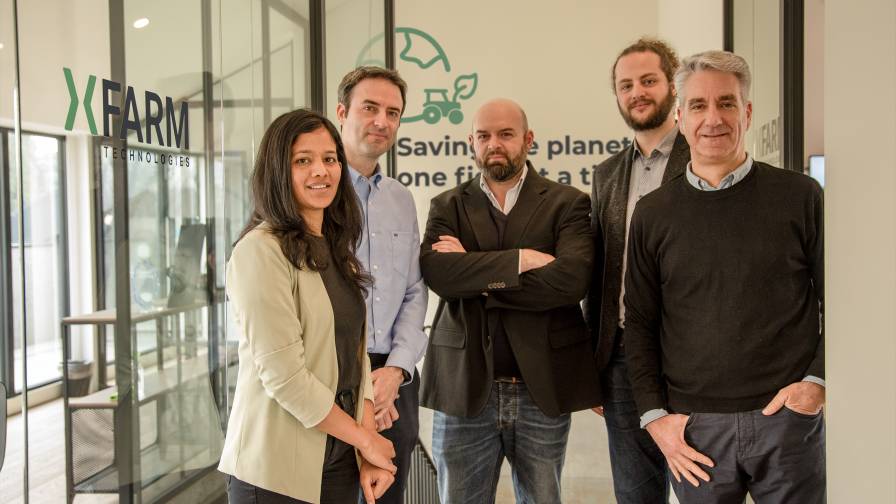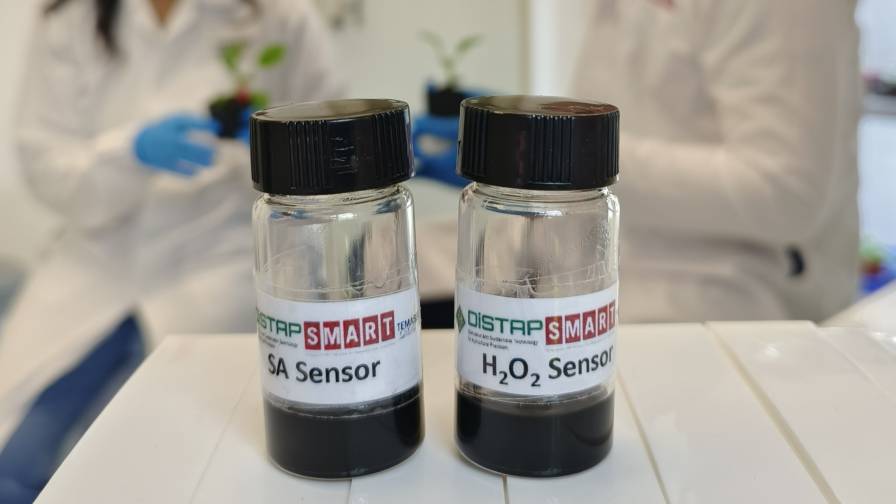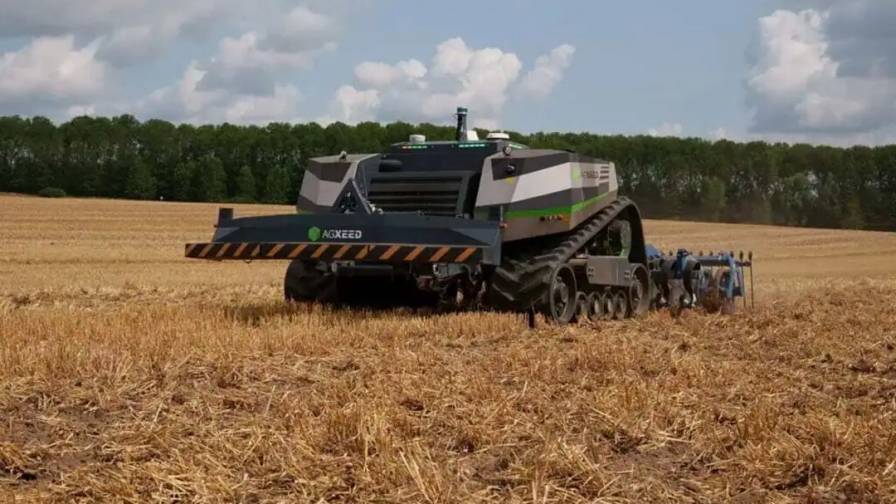Precision Agriculture in India: New Technologies Are Here, But Wide-Scale Adoption Is Far Off
Agriculture is the backbone of India’s economy, which accounts for 18% of India’s Gross Domestic Product (GDP) and hires about half of the countries workforce. More than 70% of rural families depend on agriculture for their livelihood.
Housing about 17% of the total world population, India faces the challenge of fulfilling the demands of agricultural commodities for this ever-growing population. It’s imperative to upgrade traditional farming practices and prepare for a tech-revolution to develop eco-friendly systems for enhancing crop productivity.
Smart farming concepts like precision agriculture can be aptly deployed to achieve this goal. Precision farming is an integrated crop management system which uses remote sensing (RS), GPS, and geographical information system (GIS) to monitor the crop field at ground level. The disparities in crop or soil properties within a field are recorded and mapped. Then management decisions are taken as a result of continuous assessment of the spatial variability within that field.
In the Indian agricultural scenario, it can be described as the precise utilization of agricultural inputs depending upon the crop, soil, and weather requirement to optimize the use of fertilizers, pesticide, and irrigation requirements for maximum productivity.
MORE BY RASHIKA SOLOMON
How IoT Solutions for Indian Agriculture Are Working Despite Unique Challenges
How Digitization Is Moving Indian Agriculture Forward in the Wake of COVID-19
The benefit of precision agriculture in being eco-friendly and cost-effective can be seen by minimized use of water, herbicides, pesticides, and fertilizers besides the farm implements. A precision farming strategy identifies site-specific variances in the fields and consequently coordinates the management operations instead of making farming decisions based on theoretical concepts. It automates and simplifies the entire management decision-making process of the field by allowing us to apply agricultural inputs at the “right time” and in the “right amount” as and when necessary.
As profitable as this technology can be, it is still at a nascent stage in India. Companies like Trimble, Tata Kisan Kendra (TKK), and Fasal, among many others, are working to introduce this concept to Indian farmers. TKK, which is an initiative launched by Tata Chemicals Limited (TCL), has the vision to propel rustic India from the ancient farm practices into the modern age of satellites and IT. TCL’s extension services are conveyed to farmers by the TKKs, using remote-sensing to assess soil conditions, examine crop health, pest invasions, and crop yield prediction. They assist the farmers in adapting promptly to varying conditions leading to enhanced crop production and higher earnings for farmers.
The successful development and implementation of precision agricultural technologies in full-scale is still a far off possibility in the future for the Indian agricultural sector. The booming IT sector and extensive Agri-IT research will pave the way for such smart farming concepts to revolutionize the agro-industry in India.










